Stomach sickness is a risk we all take each time we travel. Wether your eating someplace fancy or taking food off the street, getting stomach sickness while traveling is all too common. Probiotics, known as the “good bacteria,” play a pivotal role in supporting digestion and boosting immunity, making them useful for any traveler’s gut health. These beneficial microorganisms prevent common traveler sickness and help maintain overall wellness, ensuring that your travels remain uninterrupted. From delicious yogurts to convenient probiotic supplements designed specifically for those on the go, there are numerous ways to incorporate these gut-friendly allies into your travel routine.
What are probiotics?
Probiotics are like the heroes of our digestive system, playing a crucial role in maintaining gut health. Let’s dive into what makes these microscopic allies so important for our well-being, especially when we’re on the move.
Benefits of Probiotics for Health
Probiotics are live microorganisms that, when consumed in adequate amounts, confer health benefits to the host. These beneficial bacteria help maintain a balanced gut microbiome, which is essential for overall health.
Digestive health is one of the primary benefits of probiotics. They aid in the breakdown of food, absorption of nutrients, and alleviate symptoms of digestive disorders like irritable bowel syndrome (IBS).
Probiotics also play a significant role in boosting immune function. A healthy gut microbiome supports the immune system, helping to fight off harmful pathogens and reduce the risk of infections.
Moreover, emerging research suggests that probiotics may have positive effects on mental health, potentially alleviating symptoms of anxiety and depression through the gut-brain axis.
How Probiotics Prevent Traveler Sickness
Traveler’s diarrhea is a common ailment that will quickly derail your vacation plans. Probiotics are a powerful ally in preventing this unwelcome travel companion.
By colonizing the gut with beneficial bacteria, probiotics create a hostile environment for harmful pathogens. This competitive exclusion helps prevent the proliferation of bacteria that cause traveler’s diarrhea.
Probiotics also strengthen the gut’s barrier function, making it more difficult for pathogens to penetrate and cause infection. This enhanced intestinal defense is particularly valuable when exposed to unfamiliar foods and environments.
Additionally, certain probiotic strains have been shown to produce compounds that directly inhibit the growth of harmful bacteria, further reducing the risk of traveler’s sickness.

Best Probiotic Sources
When it comes to maintaining gut health while traveling, knowing where to find probiotics is key. Let’s explore some of the best sources to keep your digestive system in top shape on the go.
Probiotic-Rich Foods for Travelers
Incorporating probiotic-rich foods into your travel diet is an effective way to support gut health. These natural sources of beneficial bacteria are often easily accessible and delicious.
Fermented vegetables like kimchi and sauerkraut are excellent probiotic sources. They’re not only packed with beneficial bacteria but also offer a tangy flavor to spice up your meals.
Kefir, a fermented milk drink, is another potent probiotic food. It’s often available in local markets and is a refreshing way to support your gut health while exploring new destinations.
For those with a taste for the exotic, kombucha – a fermented tea beverage – has gained popularity worldwide and can be found in many cafes and health food stores.
Yogurts are so healthy
Yogurt stands out as one of the most convenient and versatile probiotic-rich foods for travelers. Its creamy texture and mild flavor make it an easy addition to any meal or snack.
Greek yogurt, in particular, is an excellent choice due to its higher protein content and probiotic strains. It will keep you feeling full and satisfied while supporting your gut health.
Many hotels and cafes offer yogurt as part of their breakfast menu, making it an accessible option for travelers. Look for varieties that specifically mention “live and active cultures” on the label.
For those exploring local cuisines, traditional yogurt-based dishes like Indian raita or Middle Eastern labneh are delightful ways to incorporate probiotics into your travel diet.
Check out our article on transforming your hotel breakfast for more ideas on how to integrate yogurt into your travel diet to improve gut health.
Top Probiotic Supplements for Travel
When fresh probiotic foods aren’t readily available, supplements are a convenient alternative. Choosing the right probiotic supplement is crucial for maximizing benefits during your travels.
Look for supplements that contain well-researched strains such as Lactobacillus rhamnosus GG or Saccharomyces boulardii, which have shown efficacy in preventing traveler’s diarrhea.
Shelf-stable formulations are ideal for travel, as they don’t require refrigeration. Many brands now offer probiotics in convenient blister packs or small bottles that are easy to pack and carry.
Consider the CFU (Colony Forming Units) count when selecting a supplement. A higher CFU count doesn’t always mean better results, but a range of 1-10 billion CFUs per dose is generally recommended for travel purposes.
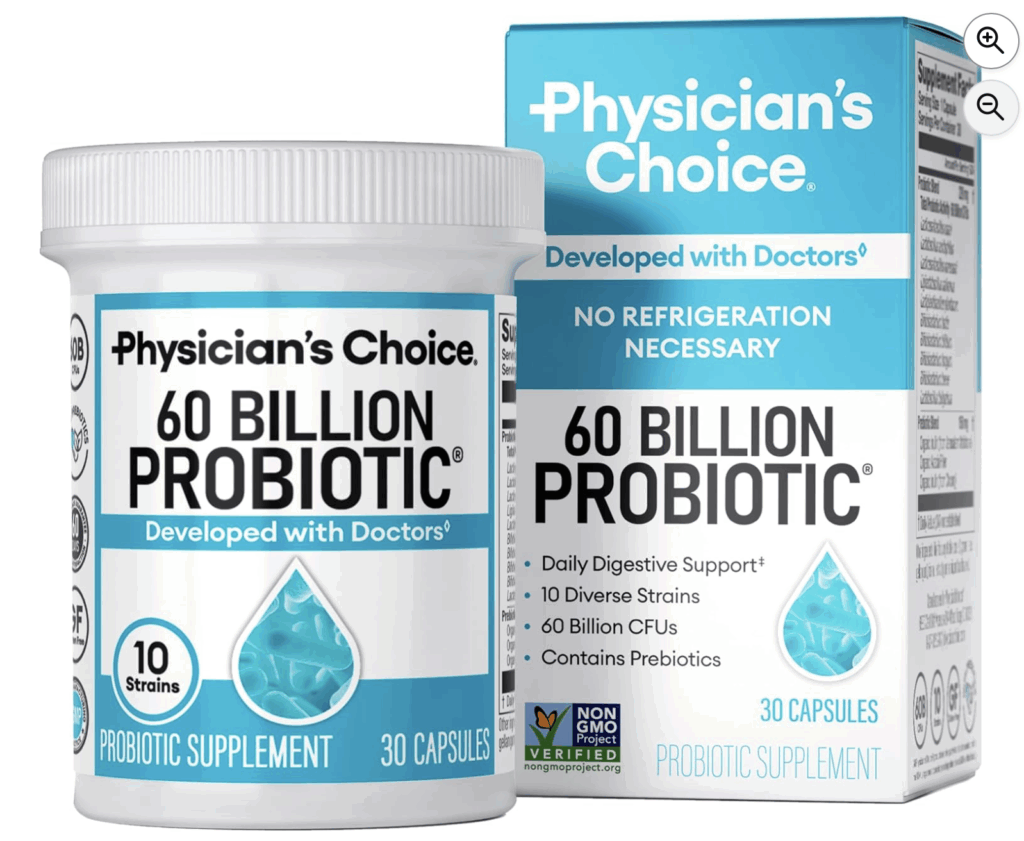
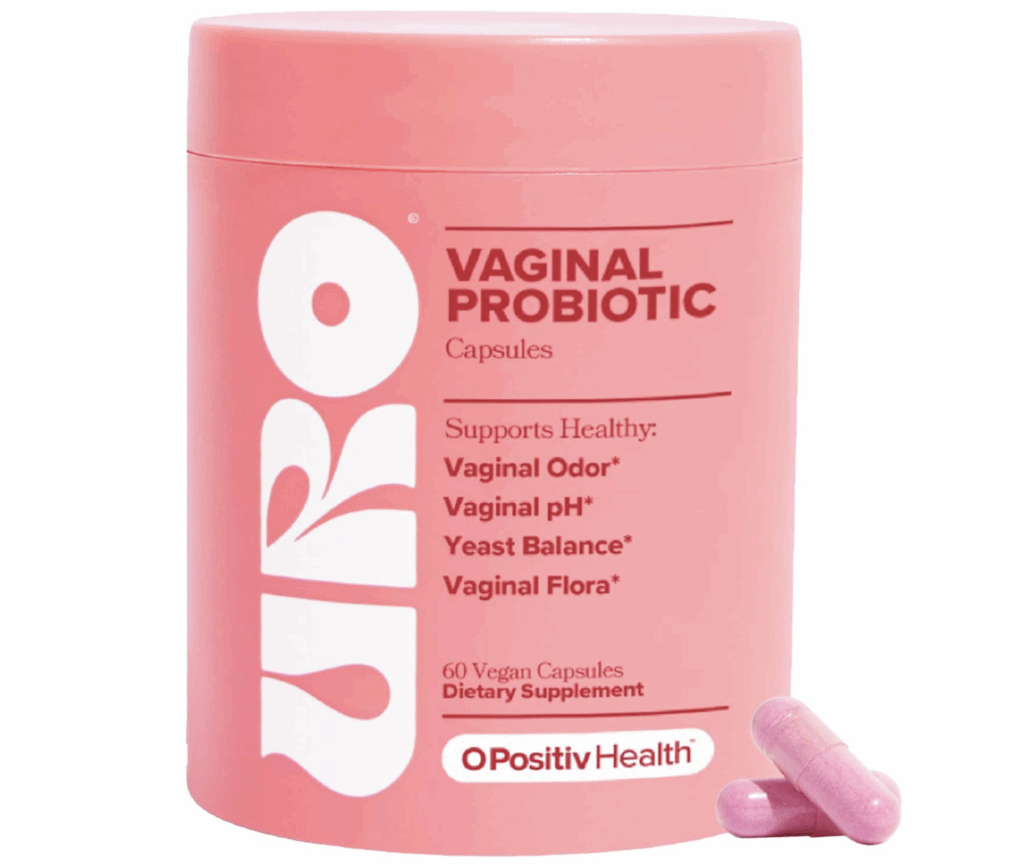
O Positiv URO Vaginal Probiotics for Women
Can probiotics help with other problems?
Beyond digestive health, probiotics have shown promise in addressing various other issues that travelers might encounter. Let’s explore some unexpected ways probiotics can enhance your travel experience.
Managing Hangovers with Probiotics
While enjoying local libations is often part of the travel experience, the resulting hangover will put a damper on your travels Interestingly, probiotics may offer some relief in managing hangover symptoms.
Alcohol consumption disrupts the balance of gut bacteria, leading to inflammation and digestive discomfort. Probiotics restore this balance, potentially easing some hangover symptoms.
Certain probiotic strains have been shown to support liver function, which is crucial in metabolizing alcohol. By aiding the liver, these probiotics may help your body process alcohol more efficiently.
Moreover, probiotics help replenish beneficial bacteria that may be depleted due to alcohol’s effects on the gut, potentially reducing the severity of hangover symptoms like nausea and digestive upset.
Alcohol and Fitness: Finding Balance
For travelers who prioritize fitness, balancing alcohol consumption with workout routines is challenging. While moderation is key, probiotics play a role in mitigating some of alcohol’s negative effects on fitness goals.
Alcohol impairs nutrient absorption, which is crucial for muscle recovery and overall fitness. Probiotics may help improve nutrient absorption, potentially offsetting some of these effects.
Inflammation caused by alcohol consumption hinders muscle recovery. Some probiotic strains have anti-inflammatory properties that could help reduce this impact, supporting faster recovery.
It’s important to note that while probiotics offer many benefits, they are not a cure-all. Maintaining a balance between enjoying local drinks and sticking to your fitness routine is still the best approach.
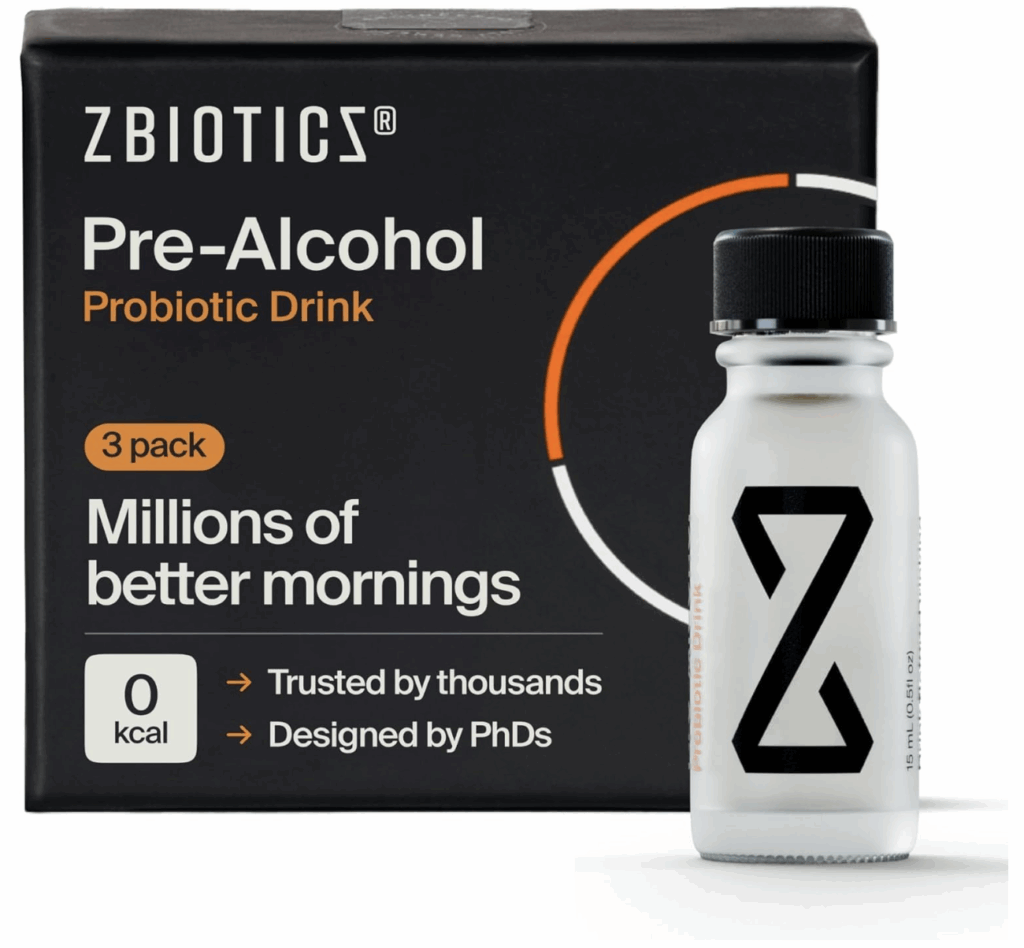
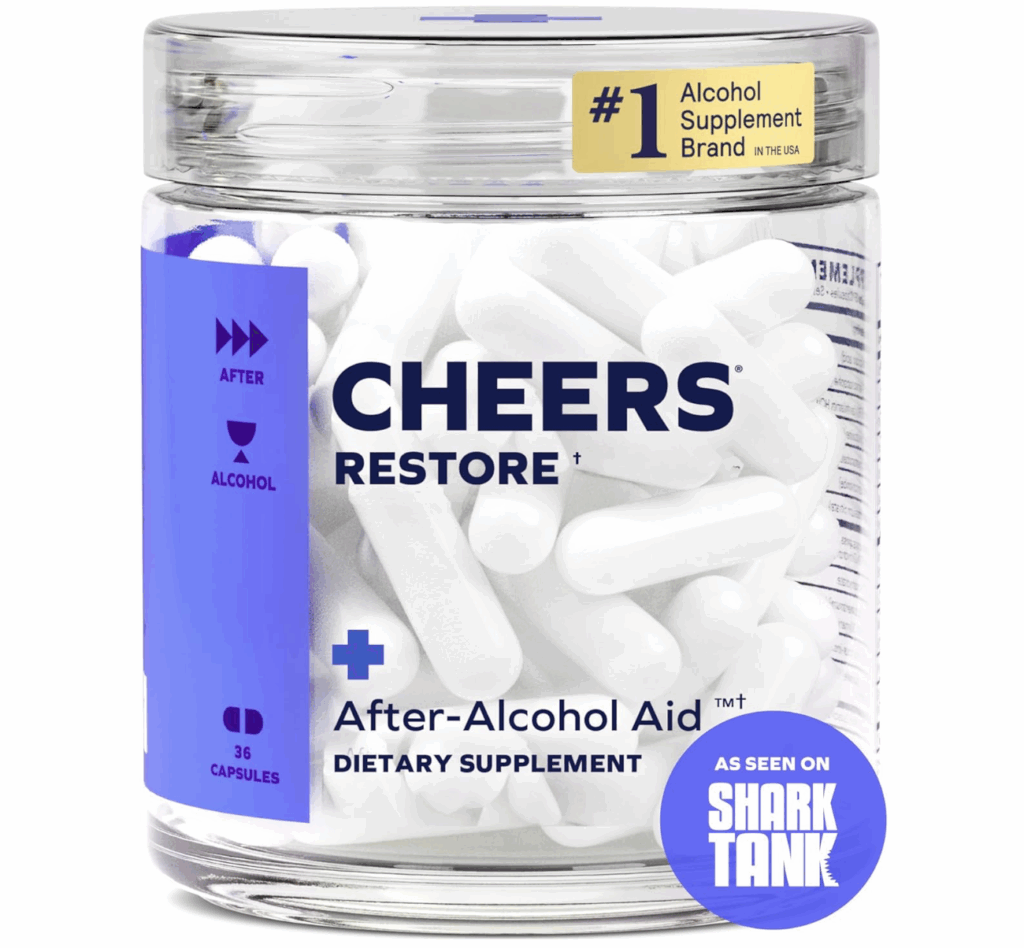
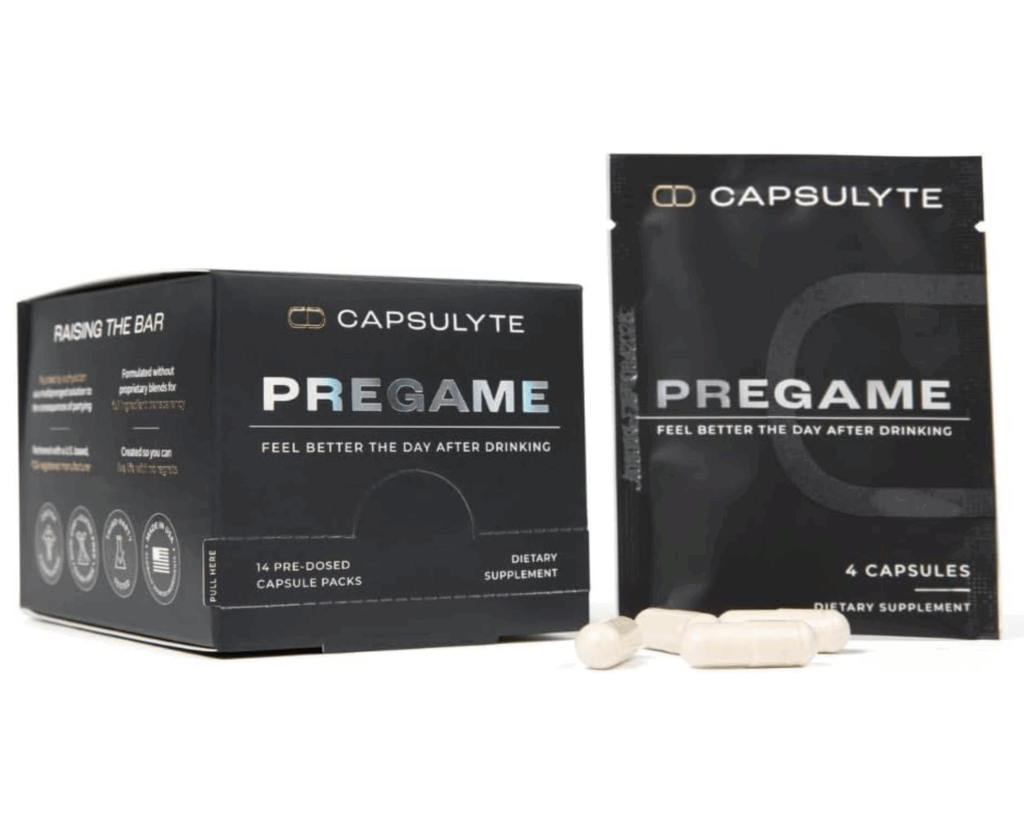
Top Probiotics to help with hangovers
When it comes to managing hangovers, certain probiotic strains have shown more promise than others. Here are some top contenders to consider:
Lactobacillus rhamnosus GG is a well-researched strain that has shown potential in supporting liver health and reducing inflammation, which could be beneficial in managing hangover symptoms.
Bifidobacterium bifidum is another strain that may help alleviate digestive discomfort often associated with hangovers. It’s known for its ability to support gut barrier function.
Saccharomyces boulardii, while technically a beneficial yeast rather than a bacteria, has shown promise in reducing the duration and severity of diarrhea, which sometimes accompanies a hangover.
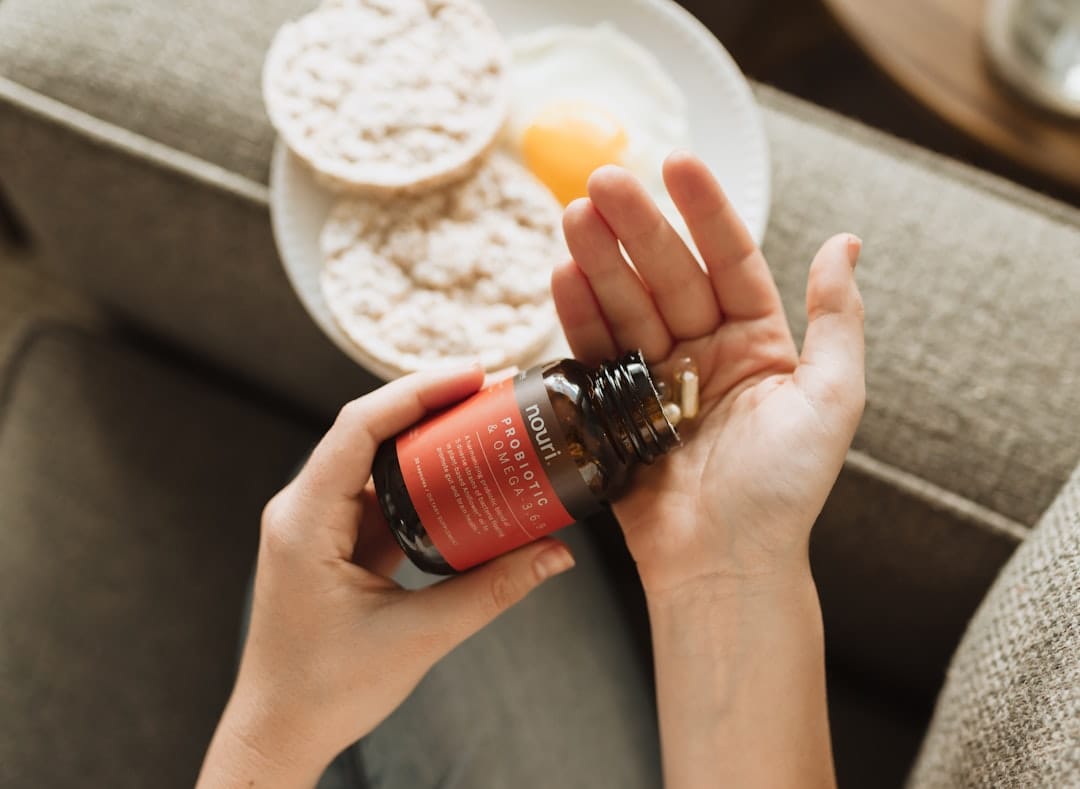
Remember, while these probiotics may offer some relief, they are not a substitute for responsible drinking. Always prioritize moderation and hydration when enjoying alcoholic beverages during your travels.


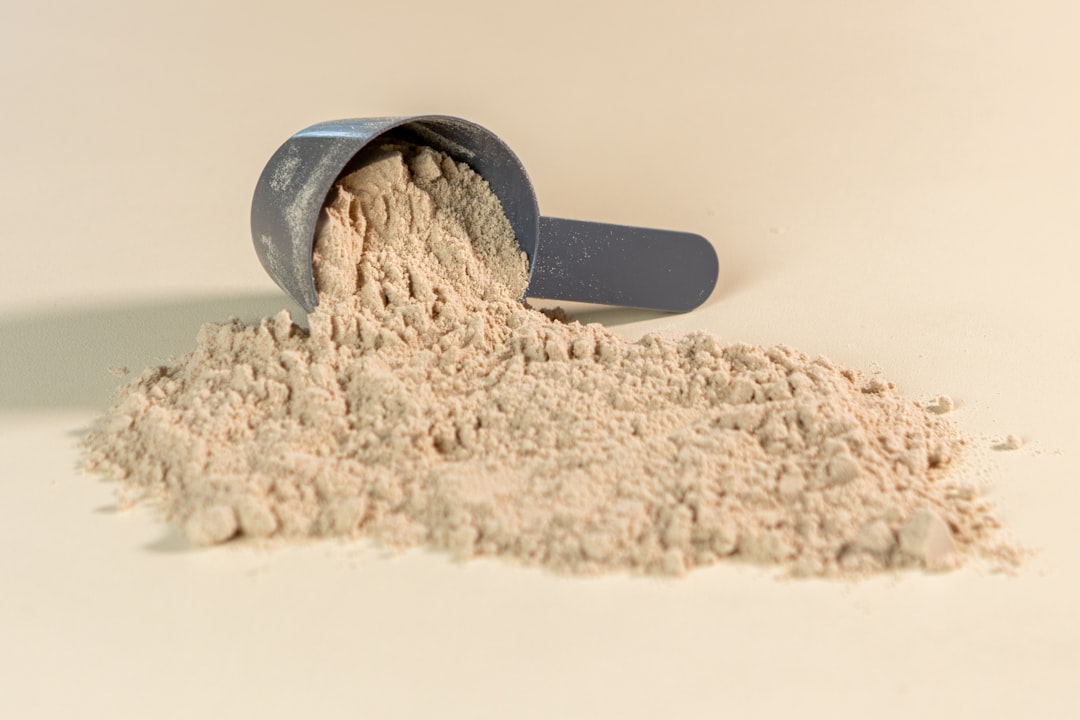

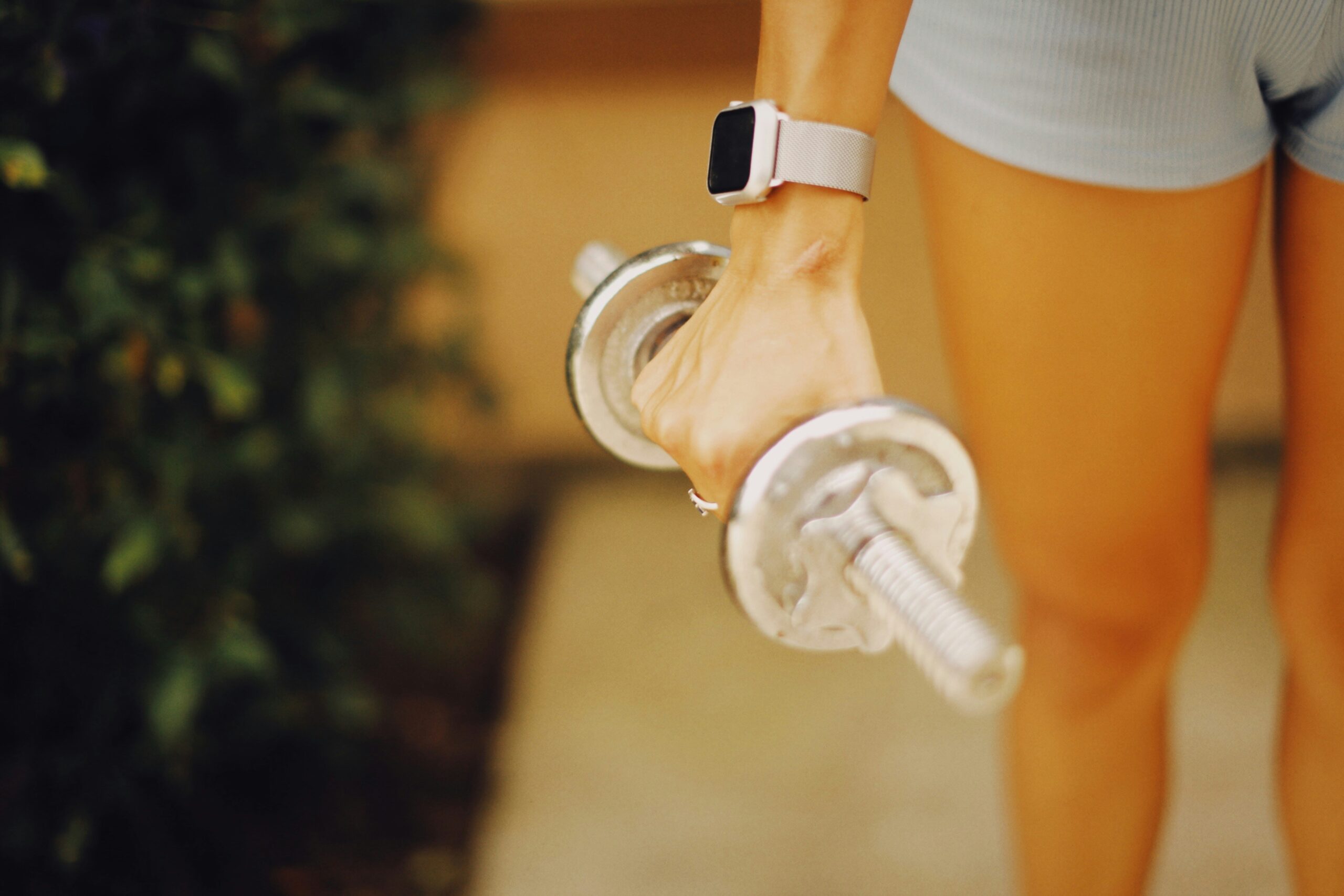











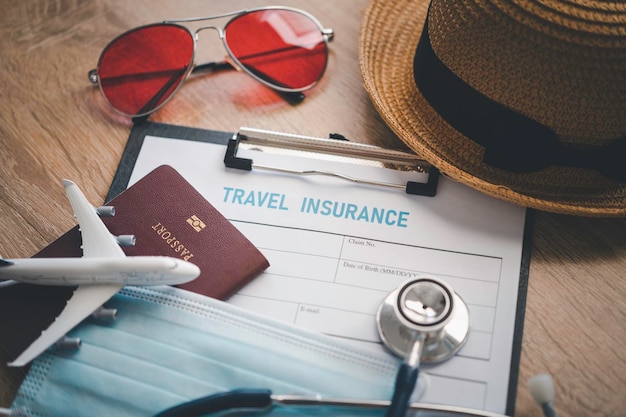
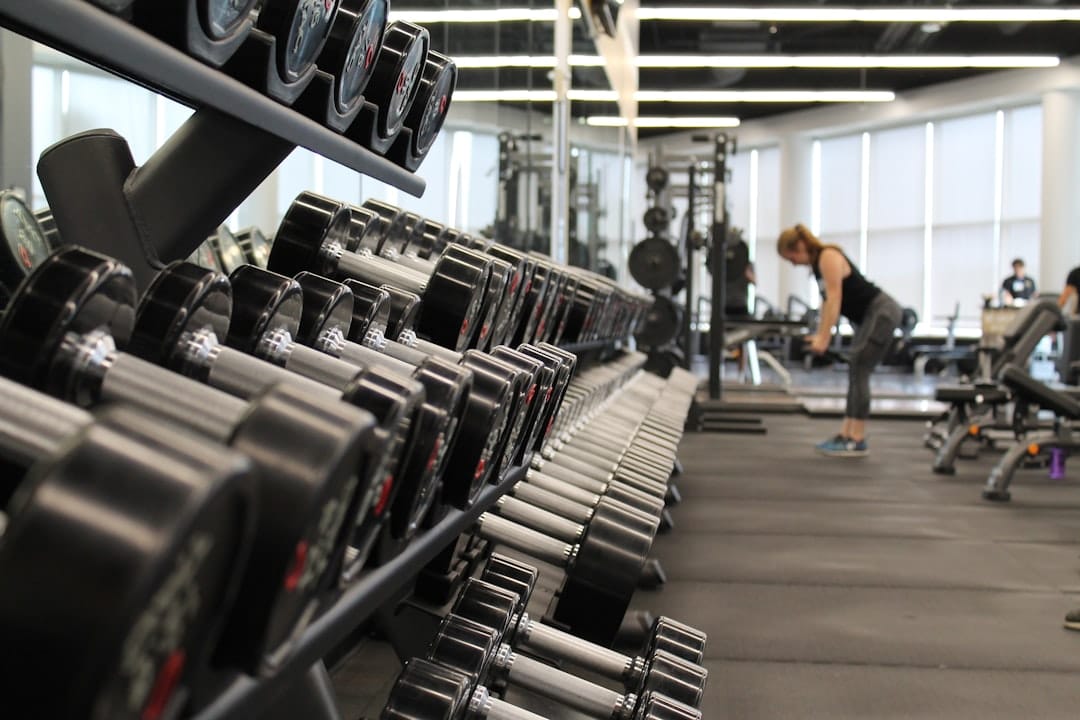












Leave a Reply